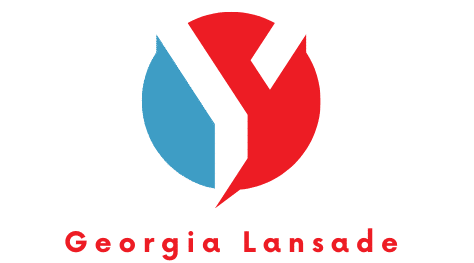Can blockchain technology enhance the transparency of supply chains in the food industry?

Welcome to the future of the food industry, where blockchain technology is poised to revolutionize the way we think about food safety, traceability, and supply chain transparency. Blockchain isn’t just for cryptocurrency anymore – it’s finding its place in our daily bread and butter, offering a potential solution to the myriad of challenges faced by food producers and consumers alike.
Blockchain Technology and Food Supply Chains
Blockchain is an innovative technology that creates a digitized, decentralized ledger of all transactions within a particular system. In the context of the food industry, blockchain technology could be used to track and record all the steps a food product takes, from farm to table, fostering unprecedented levels of transparency and traceability.
A lire en complément : How do indigenous communities contribute to biodiversity conservation?
This tech can offer real-time updates, ensuring that any stakeholder in the supply chain can access up-to-date and reliable data. The use of smart contracts, another feature of blockchain, facilitates transactions and agreements between parties, further enhancing the efficiency and transparency of the system.
The incorporation of Artificial Intelligence (AI) alongside blockchain technology can further streamline the process, making the entire supply chain more intelligent and responsive. This powerful combination can not only increase efficiency but also detect and resolve potential issues, such as food fraud or safety concerns, in real-time.
Sujet a lire : What impact does music therapy have on patients with neurological disorders?
The Promise of Enhanced Transparency
Transparent supply chains have become more important than ever in the food industry. Consumers are demanding more information about what they eat – where it comes from, how it’s produced, and whether it’s safe. Meanwhile, food producers and retailers are under increasing pressure to ensure the safety and quality of their products, which requires an efficient, reliable, and transparent system.
Blockchain technology goes beyond traditional traceability supply chains by providing an immutable record of all transactions. This means once information is logged into the system, it cannot be changed or tampered with, thereby ensuring data integrity and fostering trust among all parties involved. With blockchain, false claims or food fraud can be easily detected and eliminated, ensuring that only quality products reach consumers.
Additionally, blockchain also promotes fairness and accountability in the food industry. With all information being public and easily verifiable, organizations cannot cut corners or engage in unethical practices without being found out. This leads to a fairer system where all participants are held accountable for their actions.
Blockchain In Action: Real World Examples
Several companies are already utilizing blockchain technology in their supply chain management to enhance transparency. For instance, IBM has launched ‘Food Trust’, a blockchain-based food traceability platform. It allows retailers, suppliers, growers and food industry providers to trace products in real-time, thereby enhancing food safety and reducing waste.
Similarly, Walmart has been testing a blockchain-based system for enhancing the transparency of their pork supply chain in China. The supermarket giant is using blockchain to record where each piece of meat comes from, where it’s processed, stored and its sell-by date. This way, in case of a food safety issue, they can quickly track down the problem and avoid a large-scale recall.
Conclusion: A More Transparent Future?
So, can blockchain technology enhance the transparency of supply chains in the food industry? It appears the answer is a resounding yes. It offers real-time data, improved traceability, and increased accountability, which are all critical components of a transparent food supply chain.
While the technology is still in its early stages in the food industry, its potential is enormous. As more food industry players adopt this technology, it’s likely we’ll see a notable shift towards more transparent and safe food supply chains in the near future. After all, who wouldn’t want to know that the apple they’re biting into comes from a safe, responsible source?
Blockchain is more than just a buzzword – it’s a game-changer. It’s time for the food industry to take a bite out of this exciting technology.
